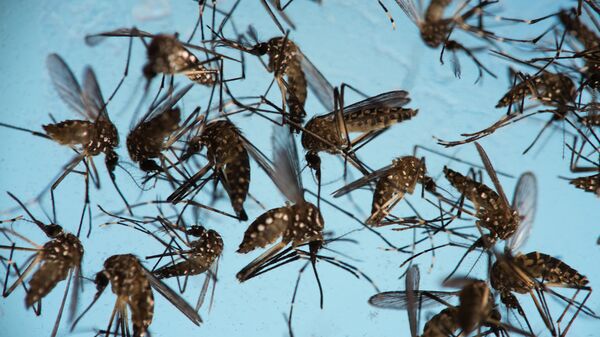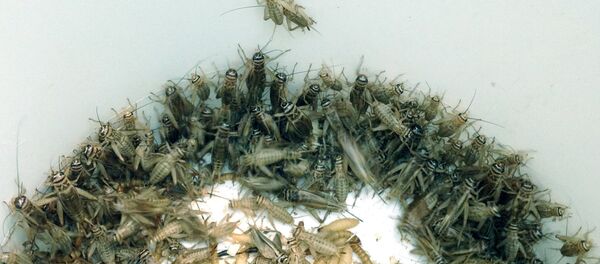An insect apocalypse with a massive decline in the number of arthropods is underway due to the prevalence of artificial light at night, also known as light pollution, a new study published in the journal Biological Conservation claims.
Scientists from Tufts University in Massachusetts reviewed the results of more than 200 independent studies to conclude that it is artificial light at night (ALAN) that could be a significant factor driving the so-called insect apocalypse due to its influence on reproductive success, hiding from predators, and the search for food by various insect species, potentially contributing to the loss of about 40% of all species in the next few decades.
“Artificial light at night impacts nocturnal and diurnal insects through effects on development, movement, foraging, reproduction, and predation risk”, the paper claims.
“We also emphasise that artificial light at night is not merely a subcategory of urbanisation. The ecological consequences of light pollution are not limited to urban and suburban centres, but widespread along roadways and around protected areas”, researchers added.
The study concludes by saying that this problem is still relatively easy to address in comparison to other anthropogenic problems, by, for example, reducing our reliance on artificial light or shielding outdoor illumination.




